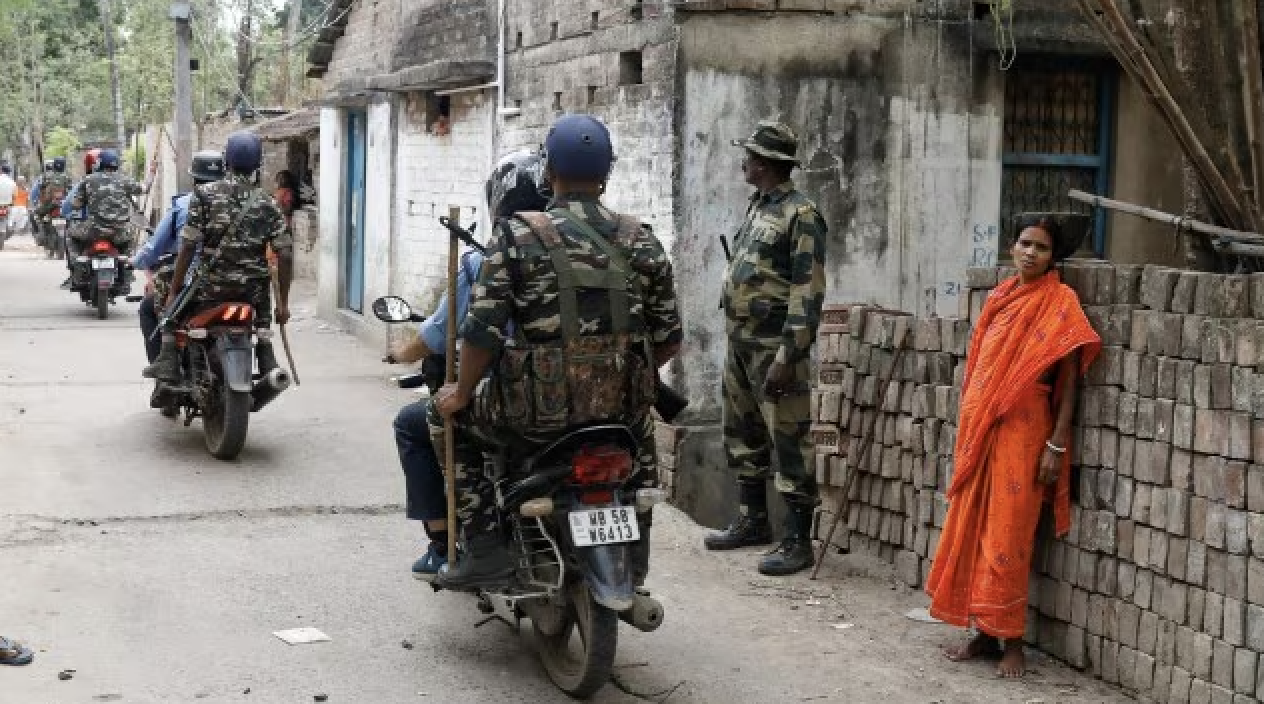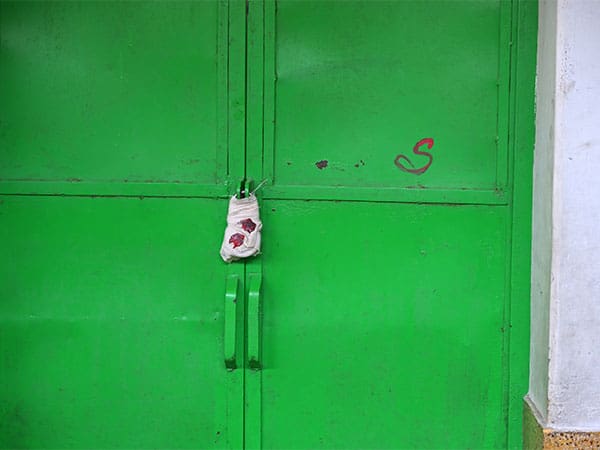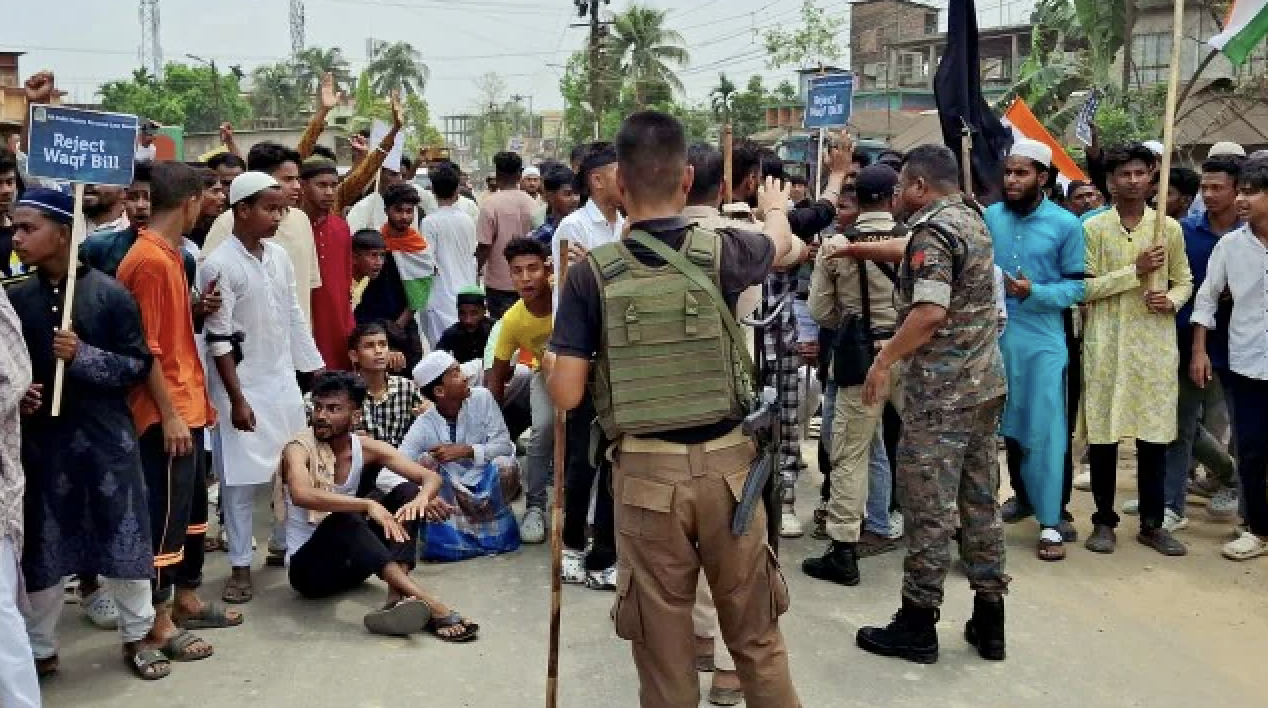In Srinagar, journalists often quip: there’s freedom of expression in Kashmir, but no freedom after expression.
During five days of conversations in and around the city, one theme recurs – a deep sense of suffocation. Ask anyone about the state of Kashmir post-abrogation of Article 370, and the response is consistent:
“Yahan bolne ki azadi nahin hai (There’s no freedom to speak here).” “Bolenge toh phone aa jaega (If we speak, we’ll get a call).” “Humain raat ko ghar jana hai, Tihar nahin (We want to go home at night, not to jail).” Yahan ke journalist band hai… (So many journalists here are behind bars).”
And, most commonly: “Yahan sab theek hai (Everything is fine here).”
These cautious phrases, exchanged even during casual walks through Srinagar’s bustling Sunday Bazaar, reveal the pervasive sense of fear: in Kashmir, speaking too freely comes with consequences. This is a region long accustomed to restrictions, whether enforced through strikes, curfews, or the looming threat of militancy. Yet, today’s climate feels distinctly different.
The current situation in Kashmir is unlike the slow erosion of press freedom in mainland India; it is far more severe. Here, journalists speak not of their craft but of surviving an interrogation by one or the other many agencies operating – being asked to come for police verification for the second time in a month, coerced into revealing sources, placed on no-fly lists, or having passports revoked. Some have been interrogated by counterinsurgency forces; others languish in jails under the Public Safety Act or anti-terror laws.
This story was originally published in newslaundry.com. Read the full story here.






